Deck & Commander Strategies
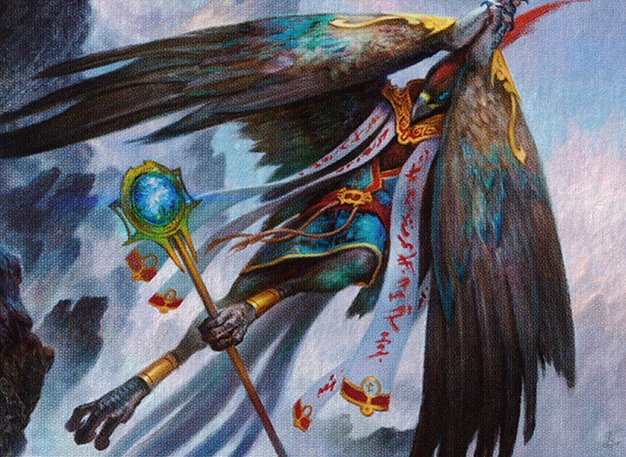
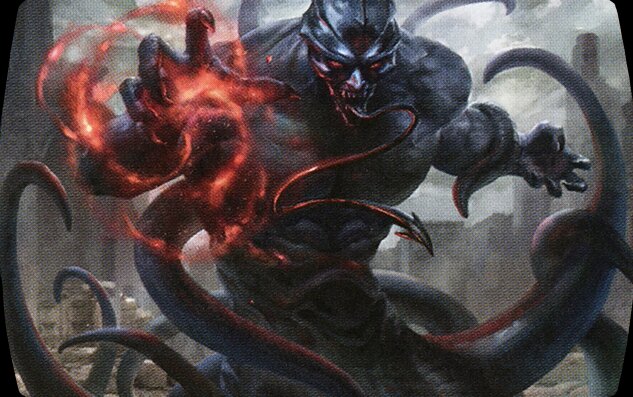
Ishai, Ojutai Dragonspeaker / Tevesh Szat, Doom of Fools
Midrange control deck focused on slowing the board state and finishing with a combo, using Necropotence for card advantage and disruption spells like Silence and Opposition Agent to control opponents.

Go-Shintai of Life's Origin
Shrine tribal deck that generates value and life gain by creating numerous Shrine tokens through the commander’s ability and shrine synergies to grind down opponents.
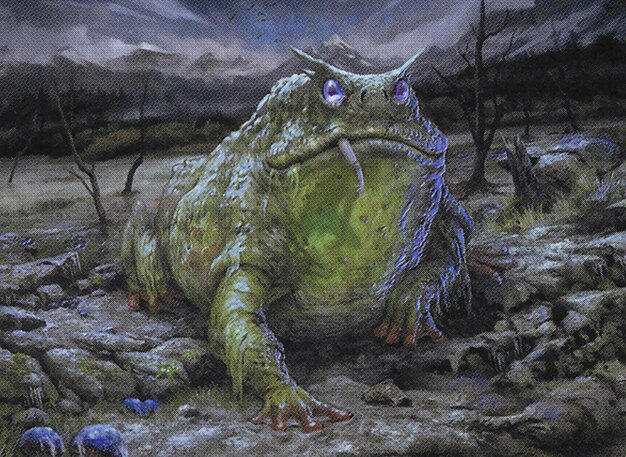
Grolnok, the Omnivore
Midrange Hermit Druid deck that mills its library with the commander to exile key cards and recast them for value, aiming to win through a Thassa's Oracle combo or overwhelming board presence.
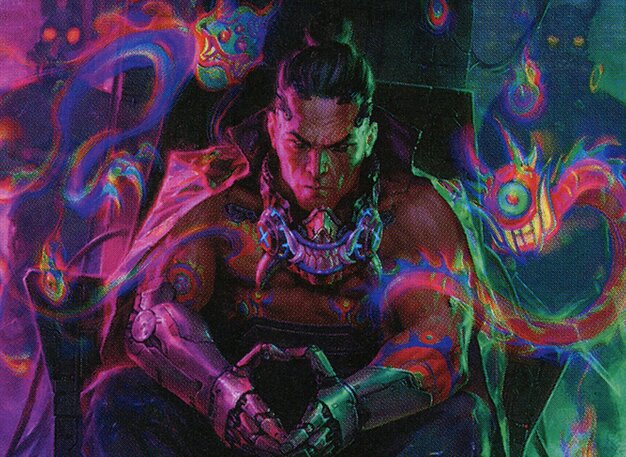
Satoru Umezawa
Midrange deck that cheats out massive threats like Blightsteel Colossus via the commander’s ability and employs classic combo finishes, supported by disruption and fast mana.
Gameplay Insights
- 1
Noah’s use of Grolnok’s ability to mill and exile key permanents like Sol Ring, Mana Vault, and Mox Amber allowed him to cast powerful mana artifacts from exile, enabling explosive tempo swings.
- 2
Rust’s timely casting of Opposition Agent repeatedly disrupted opponents’ tutors and searches, notably exiling Chad’s Underground Sea and locking down key plays.
- 3
Adam’s Necropotence provided massive card advantage that was carefully protected through counterspells and interaction, enabling him to maintain a strong hand size despite heavy pressure.
- 4
Chad’s shrine token generation, amplified by Go-Shintai’s triggers and copies made with Sakashima of a Thousand Faces, steadily built board presence and life gain, culminating in the elimination of Adam.
- 5
The interplay of disruption spells like Silence and Fierce Guardianship highlighted the importance of protecting key spells and combos in a high-powered multiplayer environment.
- 6
Use of exile synergies and recursion from Grolnok’s ability created complex board states where multiple cards were cast from exile, demonstrating the power of synergistic commander abilities in cEDH.
Notable Cards
-

Necropotence
-
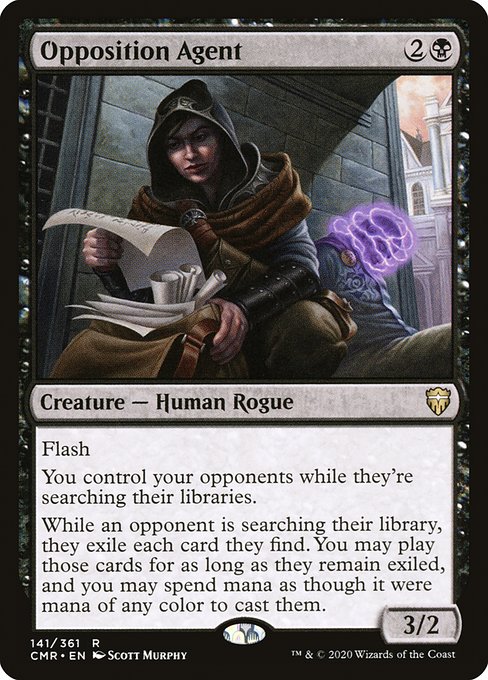
Opposition Agent
-

Mana Crypt
-

Grolnok, the Omnivore
-
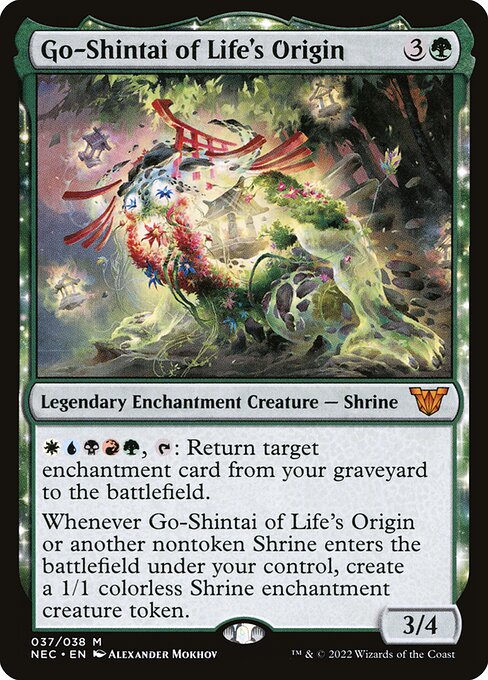
Go-Shintai of Life's Origin
-
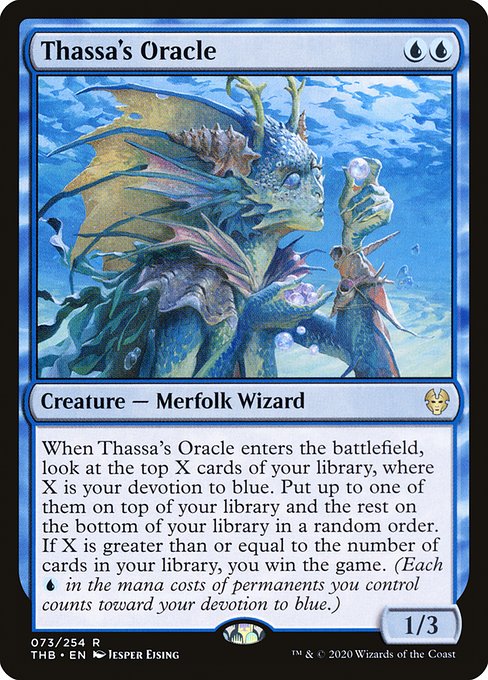
Thassa's Oracle
-

Swan Song
-

Force of Will
-
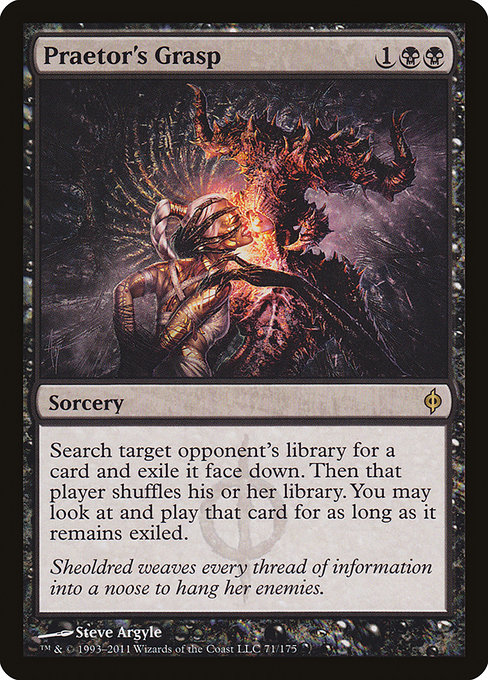
Praetor's Grasp
-
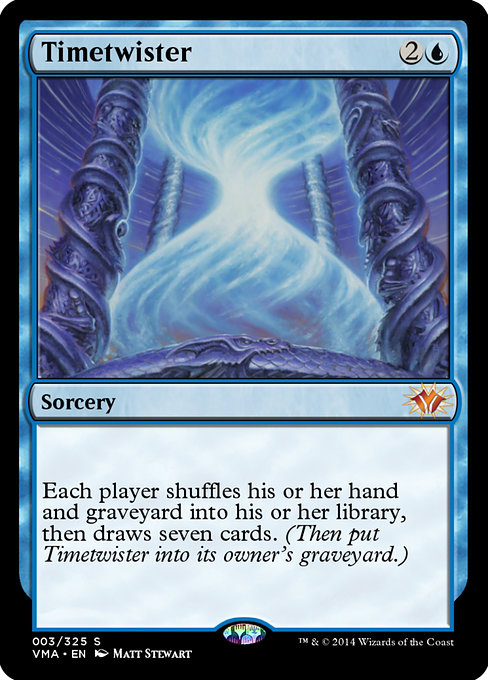
Timetwister
-

Oko, Thief of Crowns
-
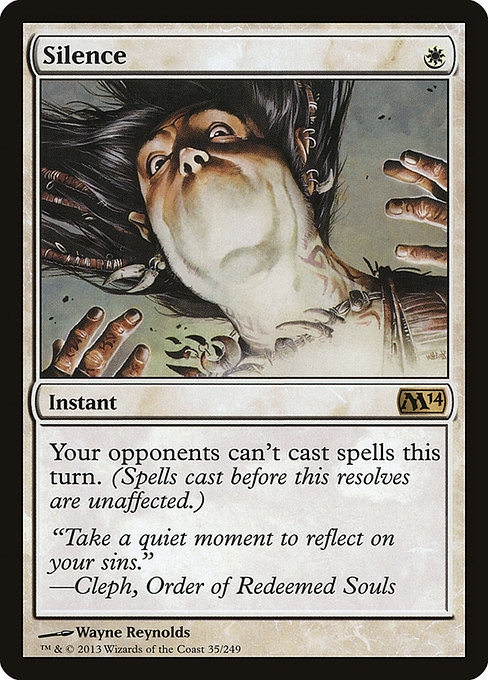
Silence
-
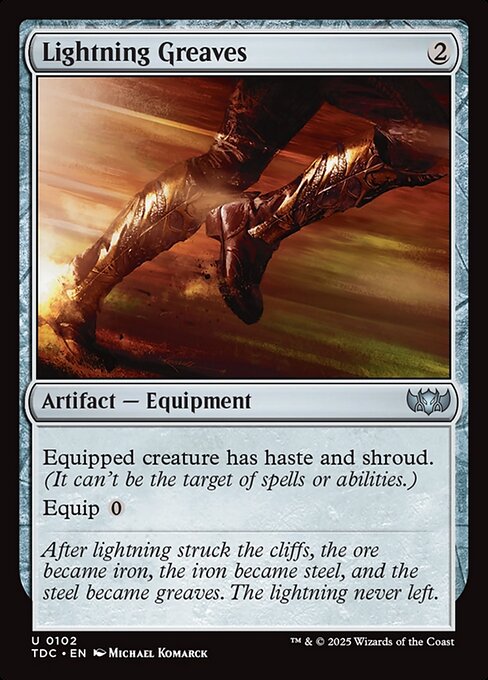
Lightning Greaves
Gameplay Summary
The game started with a fast-paced setup from all players, featuring strong opening hands and early mana acceleration.
Noah, piloting Grolnok, the Omnivore, quickly established a value engine by casting his commander and utilizing its mill ability to exile key cards, which he then recast from exile to build board presence.
Rust’s Satoru Umezawa deck aimed to cheat out large threats and disrupt opponents with cards like Opposition Agent.
Adam’s Ishai/Tevesh midrange deck used Necropotence to draw a large hand and Silence to lock down opponents, while Chad’s Go-Shintai shrine tribal deck steadily created Shrine tokens and leveraged the commander’s ability to grind out value and life gain.
A pivotal moment occurred when Chad successfully attacked Adam, eliminating him from the game and gaining life through shrine triggers.
Noah continued to exploit Grolnok’s ability to cast multiple permanents from exile, ramping up his board state with artifacts and creatures that enabled quick combo potential.
Rust’s Opposition Agent repeatedly disrupted opponents by exiling cards from their libraries.
Adam’s use of Praetor's Grasp and Timetwister shuffled the game state, but Chad’s aggressive shrine token production and Noah’s exile synergy kept the pressure high.
The game revolved around managing powerful value engines and disruption, with win conditions focusing on milling with Grolnok or assembling combos through artifact and creature synergies, while Go-Shintai aimed to out-grind opponents with shrine tokens and life gain.



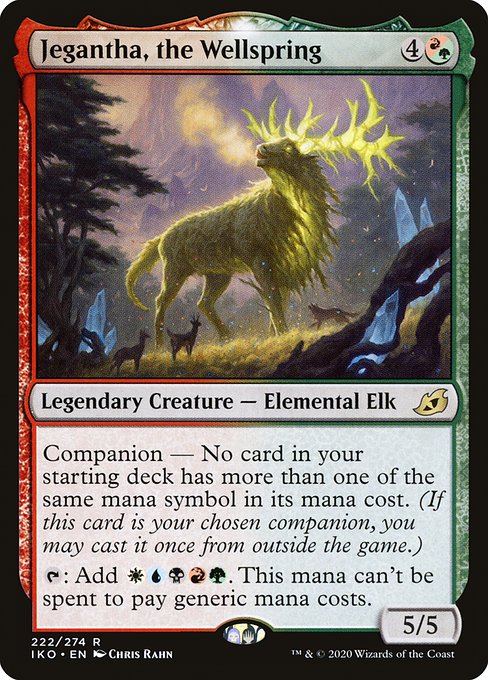







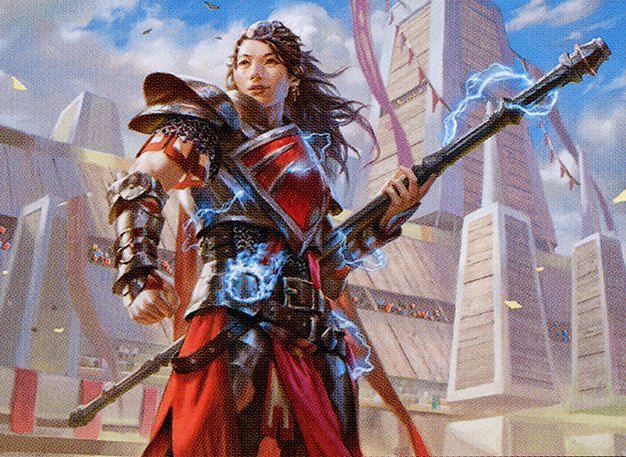




























![Go-Shintai vs Kaima vs Shorikai vs Satoru [Budget EDH/Commander, Magic The Gathering Gameplay 2022] thumbnail](https://i.ytimg.com/vi/RtH14D2XE_M/sddefault.jpg)
![Raiyuu vs Go-Shintai vs Satoru vs Risona [Budget EDH/Commander, Magic The Gathering Gameplay 2022] thumbnail](https://i.ytimg.com/vi/KH0Qqt4MuJM/sddefault.jpg)


























